South America Newsletter July 2025
This month we bring you news from the Region, Colombia, Venezuela, Peru, Ecuador, Brazil, Bolivia, Argentina and Chile.
Highlights are:
- Regional: The Inter-American Court of Human Rights has ruled that governments have a legal obligation to tackle climate change.
- Colombia: A law was passed a year ago recognising the work and rights of women searchers for victims of enforced disappearance, Amnesty has expressed concern that implementation is still pending.
- Venezuela: A new report by Amnesty says Venezuelan authorities continue to commit enforced disappearances as part of the policy of the repression of dissidents
- Peru: Amnesty has strongly criticised a new bill, which proposes granting amnesty to members of the Armed Forces, the Police, and other State officials who have not received a final sentence in “cases related to the fight against terrorism in the period 1980-2000”.
- Ecuador: Human Rights Watch has stated that new laws passed by Ecuador’s National Assembly and signed by President Daniel Noboa include dangerous provisions that threaten the rights of Ecuadorians.
- Brazil: Human Rights Watch has called on Brazilian legislators to reject a new bill which dismantles environmental licensing requirements and, if approved, could accelerate oil and gas extraction, cattle ranching and deforestation in the Amazon.
- Bolivia: The UN human rights office has called for an investigation into the deaths of six people during clashes between police and supporters of former president Evo Morales that have deepened Bolivia’s political and economic crisis.
- Argentina: The son of Graciela Alicia Romero and Raul Eugenio Metz, two of the 30,000 Argentinians who “disappeared” during the dictatorship, has become the 140th child found by Grandmothers of the Plaza de Mayo.
- Chile: The government is presenting a bill to Congress to decriminalize abortion up to 14 weeks of pregnancy.
REGIONAL
The Inter-American Court of Human Rights ruled that governments have a legal obligation to tackle climate change. States have a duty under international law to prevent, mitigate and remedy environmental harm that threatens human rights, including through laws, policies and actions aimed at curbing climate change. “States now have clear guidance and can no longer claim ignorance of their human rights obligations… now is the time for immediate, concrete, and positive action to urgently tackle the climate crisis.” said Ana Piquer, Regional Director for the Americas at Amnesty International
COLOMBIA
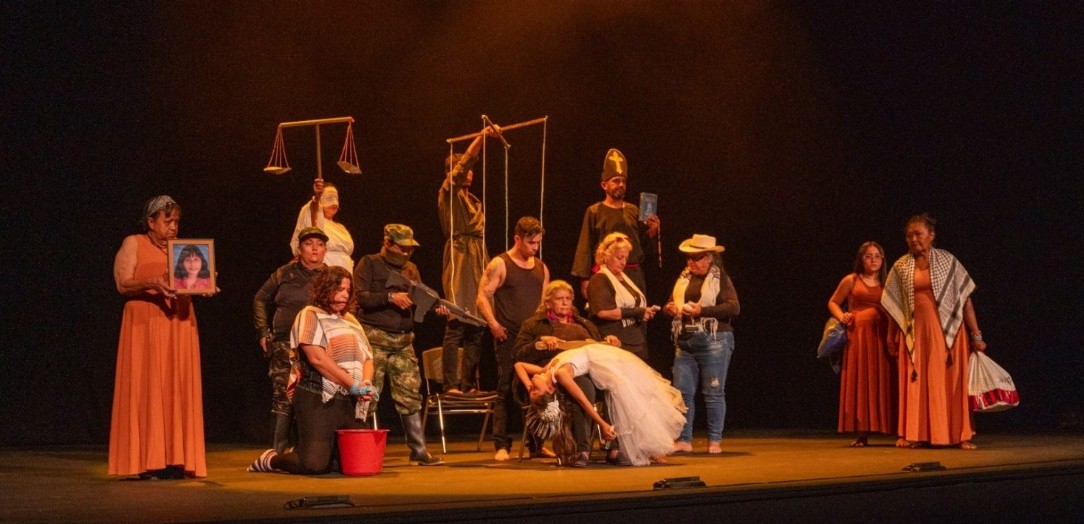 While acknowledging that Colombia has been the first country in the world to approve a law recognising the work and rights of women searchers for victims of enforced disappearance, Amnesty has expressed concern that implementation is still pending one year after the passing of the law. Organisations of women searchers have drawn attention to the risks and threats involved in this activity. Between 100,000 and 200,000 persons have been forcibly disappeared in Colombia and even today one person disappears every 36 hours.
While acknowledging that Colombia has been the first country in the world to approve a law recognising the work and rights of women searchers for victims of enforced disappearance, Amnesty has expressed concern that implementation is still pending one year after the passing of the law. Organisations of women searchers have drawn attention to the risks and threats involved in this activity. Between 100,000 and 200,000 persons have been forcibly disappeared in Colombia and even today one person disappears every 36 hours.
VENEZUELA
Amnesty International’s new report, Detentions without a trace: The crime of enforced disappearance in Venezuela, has found that the Venezuelan authorities continue to commit enforced disappearances as part of the policy of repression of dissidents. The report particularly pulls out the example of 15 people, 11 of whom their whereabouts remain unknown. The four whose whereabouts were established were Alfredo Díaz, who was subjected to enforced disappearance for four days; Eduardo Torres, who was forcibly disappeared for eight days; and Rosa Chirinos and Raymar Pérez, who were forcibly disappeared for four months. At the time the report was finalised, at least 46 people were possibly forcibly disappeared, according to information collected by the organization Foro Penal.
For the 15 individuals, the mechanisms of the judicial apparatus also served to confer the veneer of legality to essentially arbitrary and unlawful procedures and to facilitate enforced disappearances. Amnesty International identified:- hearings held in secret; the imposition of public defenders who would not or could not act as independent legal counsels; the use of courts lacking independence, such as the so-called Courts against Terrorism; the de facto annulment of the detained persons’ habeas corpus; and the instrumentalization of the Public Prosecutor’s Office as an organ of political persecution, under the guise of the fight against alleged ‘terrorism’. In many cases, state authorities also publicly identified and stigmatised the victims.
PERU
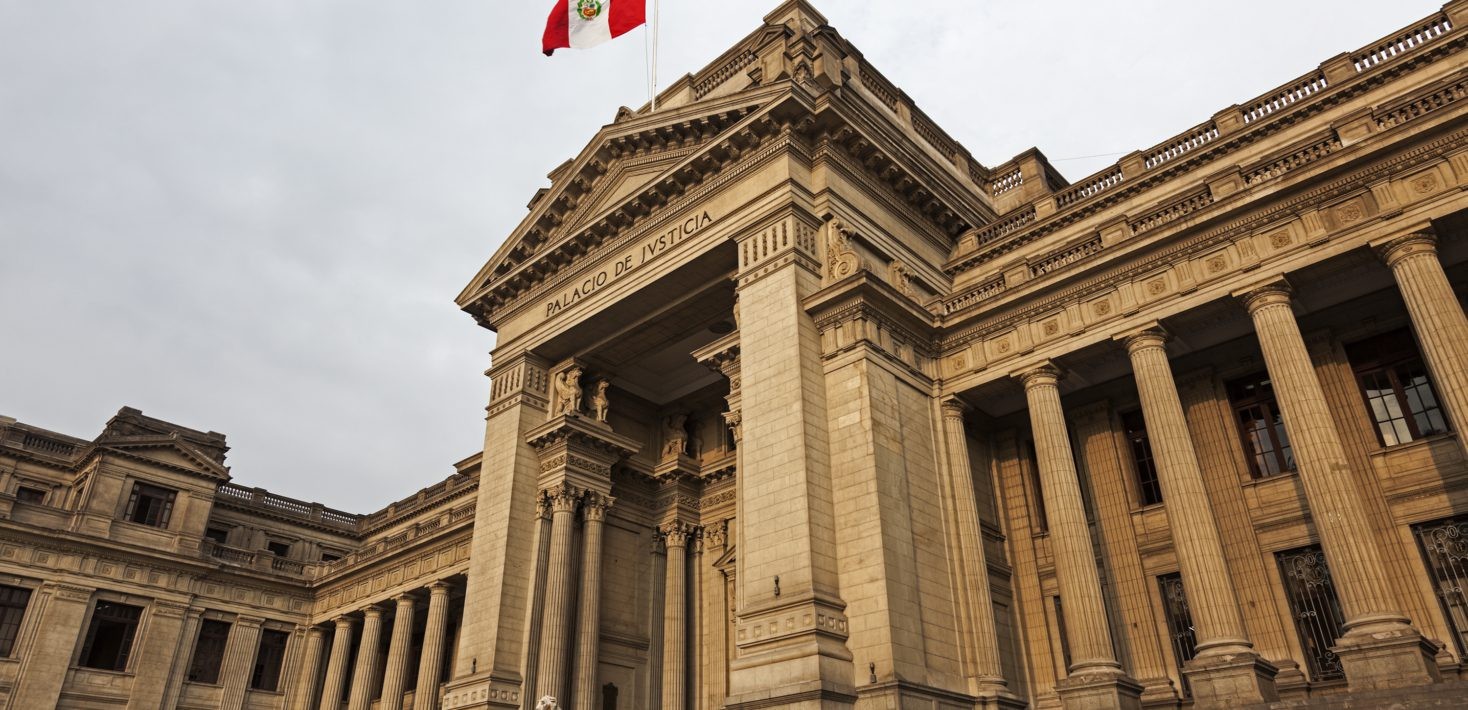
Amnesty has strongly criticised a new bill, approved by Congress on the first vote, which proposes granting amnesty to members of the Armed Forces, the Police, members of self-defense committees and State officials who have not received a final sentence in “cases related to the fight against terrorism in the period 1980-2000”. The bill also establishes a “humanitarian amnesty” for people over 70 years of age who have a final sentence with the quality of res judicata or are in the process of serving a sentence. Amnesty has stated that the approval of the bill violates and jeopardises access to justice, truth and reparation for thousands of victims and their families, as it puts a stop to the ongoing criminal action against alleged perpetrators of crimes under international law and spares punishment for those who have been found responsible for crimes such as extrajudicial executions, forced disappearances, torture and sexual violence.
ECUADOR
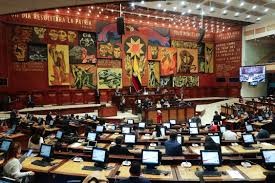
Human Rights Watch has stated that new laws passed by Ecuador’s National Assembly and signed by President Daniel Noboa include dangerous provisions that threaten the rights of Ecuadorians. The newly appointed National Assembly approved through an expedited process the National Solidarity Law, which grants the president sweeping powers to declare and respond to an “internal armed conflict.” According to Human Rights Watch, the legislation opens the door to the unjustifiable use of lethal force, threatens accountability for abuses by security forces and undermines safeguards on intelligence gathering.
BRAZIL
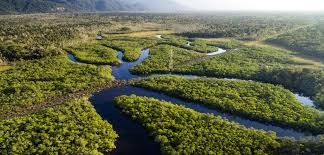
Human Rights Watch has called on Brazilian legislators to reject a new bill which dismantles environmental licensing requirements and, if approved, could accelerate oil and gas extraction, cattle ranching and deforestation in the Amazon and, if it is approved, has called on President Lula to veto it. Backed by Brazil’s agribusiness and oil and gas sectors, the bill creates a “special environmental license” that allows speedy approval for projects the government deems strategic, such as oil exploration in the Amazon rainforest, despite their potential environmental impacts.
BOLIVIA
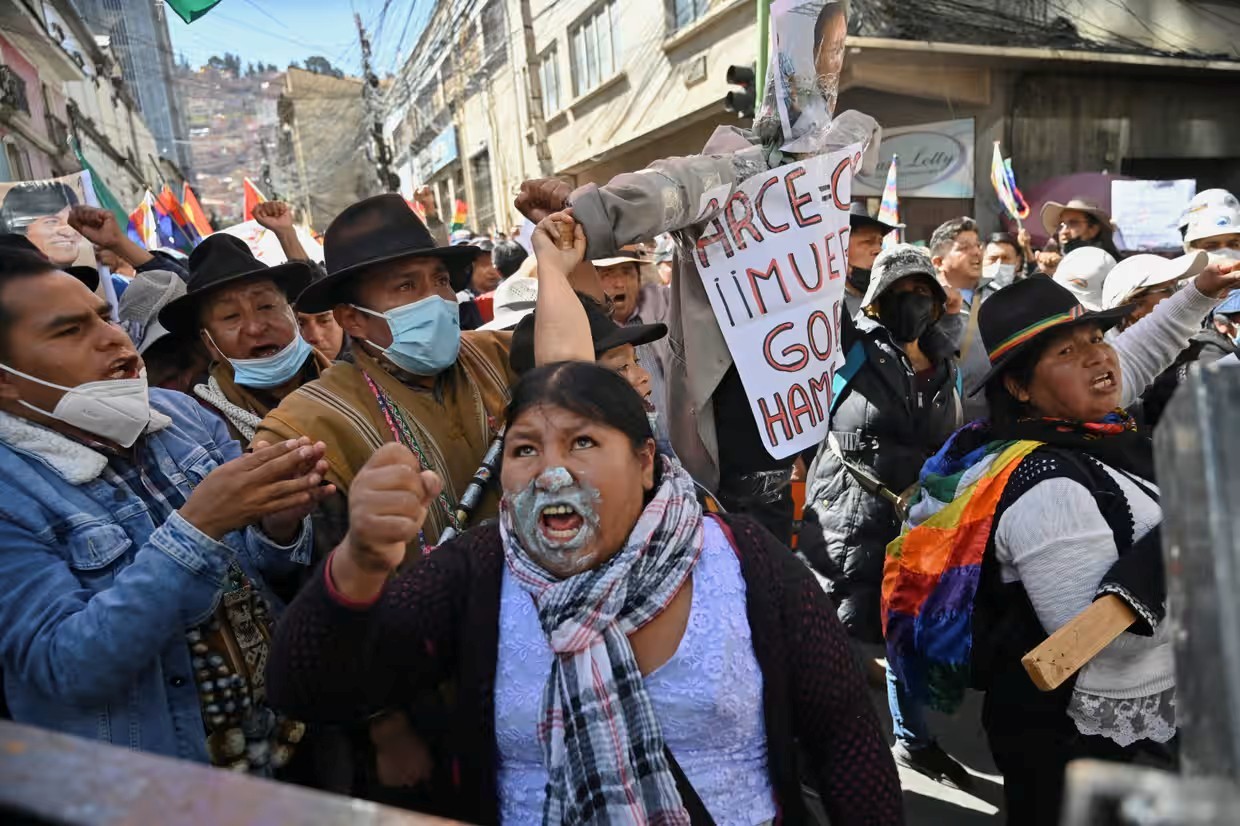
The UN human rights office has called for an “impartial and thorough” investigation into the deaths of six people during clashes between police and supporters of former president Evo Morales that have deepened Bolivia’s political and economic crisis, heightening tensions just two months before the presidential election. More than 300 have also been injured in weeks of unrest. The dead include four police officers, one of whom was reportedly killed by dynamite which had been strapped to his body.
ARGENTINA
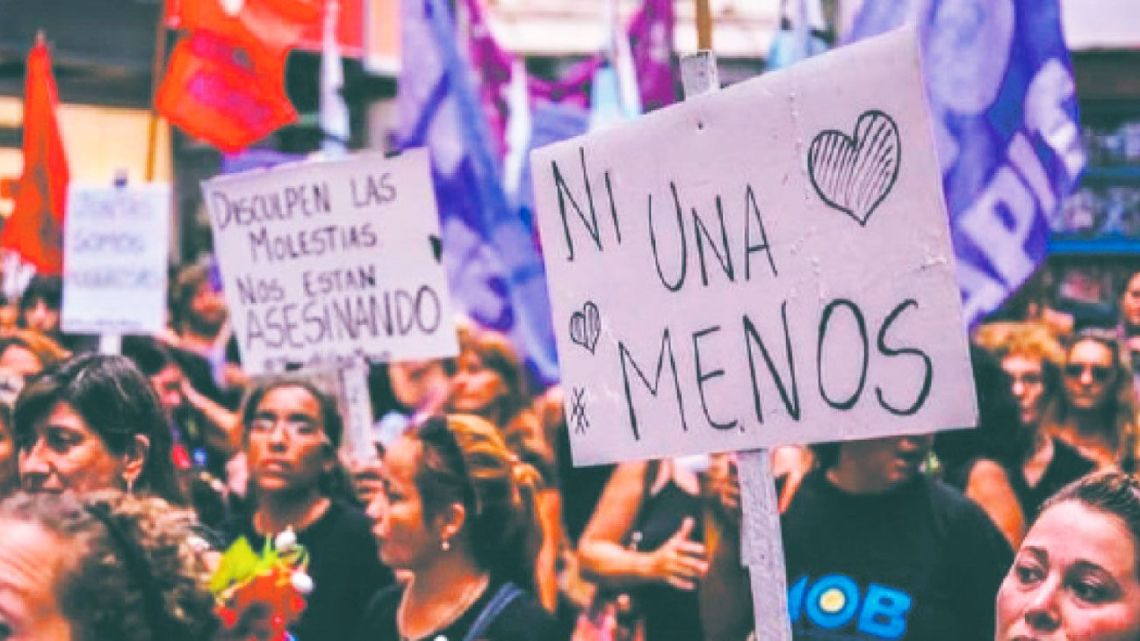 The Ni Una Menos (Not One Less) campaign emerged in June 2015, as a response to the escalation of gender-based violence and femicide of Chiara Páez, a 14-year-old teenager who was three months pregnant and had refused an abortion. But since that first Ni Una Menos mobilisation, 2,590 femicides have been recorded in Argentina – one woman is killed every 33 hours. The Strategic Advocacy for Human Rights have attributed this to political backsliding, funding cuts, and a culture of impunity, leaving many without effective protection or access to justice.
The Ni Una Menos (Not One Less) campaign emerged in June 2015, as a response to the escalation of gender-based violence and femicide of Chiara Páez, a 14-year-old teenager who was three months pregnant and had refused an abortion. But since that first Ni Una Menos mobilisation, 2,590 femicides have been recorded in Argentina – one woman is killed every 33 hours. The Strategic Advocacy for Human Rights have attributed this to political backsliding, funding cuts, and a culture of impunity, leaving many without effective protection or access to justice.
A 49 year old man is the 140th child found by Grandmothers of the Plaza de Mayo, who search for the children of those who ‘disappeared’ under 1976-83 dictatorship. The man is the son of Graciela Alicia Romero and Raul Eugenio Metz, who became two of the 30,000 Argentinians to be “disappeared” by the regime. But among those present was his older sister, Adriana Metz Romero. Approximately 500 babies are estimated to have been stolen from their biological parents during Argentina’s dictatorship
Doctors marched through downtown Buenos Aires to the Ministry of Health demanding decent wages, complaining the health system is facing collapse. Early detection programs for breast & cervical cancer and funds for immunization campaigns have been suspended. The National Directorate for HIV, Hepatitis and Tuberculosis has been dismantled. A lawsuit filed by patient advocacy groups said at least 60 cancer patients died last year due to the government’s suspension of their medication program. Meanwhile President Milei, announced Argentina’s withdrawal from the World Health Organization.
Critics say Argentina’s private financing of lithium extraction is anything but green and some lithium mines compromise the ancestral territory of Indigenous communities. Recently, the government has introduced a series of regulatory changes, which dismantle oversight mechanisms for extractive activities and have a severe impact on Indigenous territorial rights. They also encourage the intensified exploitation of natural resources by repealing laws deemed “restrictive” and dismantling state regulatory bodies. Argentina has the second-largest reserves of lithium in the world.
CHILE
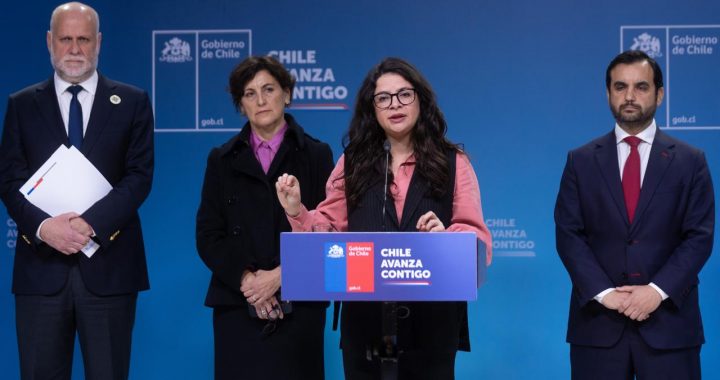
Minister of Women and Gender Equality, Antonia Orellana, flanked by other ministers, announcing the Voluntary Termination of Pregnancy bill
The government is presenting a bill to Congress to decriminalize abortion up to 14 weeks of pregnancy. This initiative, promised by President Gabriel Boric in his 2024 state of the nation address, seeks to expand access to voluntary termination of pregnancy beyond the three currently permitted grounds: risk to the mother’s life, non-viable foetus, and pregnancy resulting from rape. However, Chile’s minister of women and gender, Antonia Orellana, who is overseeing the bill through Congress, acknowledged the proposal faces an uphill battle.
All the best,
South America Team – David Rogers (Argentina and Chile), James Baird (Venezuela) and Graham Minter (rest of South America). Please check out our new website, and don’t forget that you can follow us on Facebook and Twitter.
